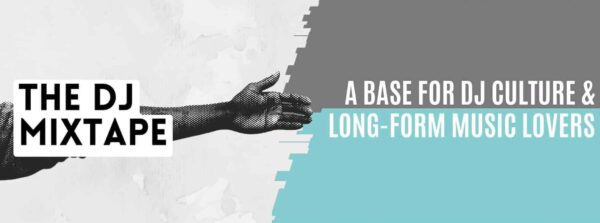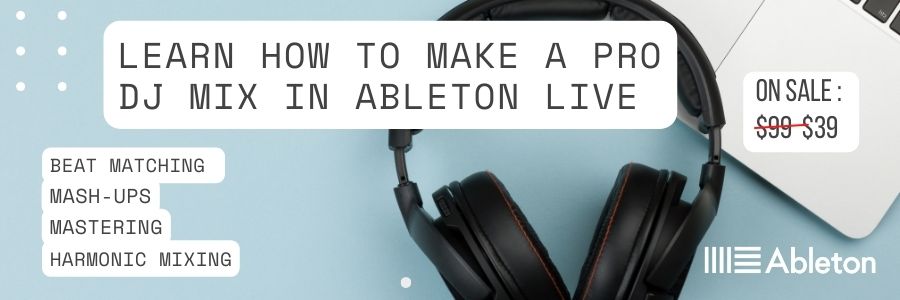A common question from beginner DJ’s is often “how do DJ’s use turntables? We thought we would put together a short guide to steer anyone looking to get into DJing and considering buying turntables in the right direction.
DJs use turntables to play and mix music in a variety of settings, including clubs, parties, and radio shows. Turntables allow DJs to manipulate the speed and pitch of music, as well as blend tracks together to create seamless transitions.
To use turntables, DJs first select the records they want to play. They then place the records on the turntables, adjusting the speed of the turntables to match the beats per minute (BPM) of the music. The DJ uses a mixer to adjust the volume and tone of the music coming from each turntable, and can use techniques like scratching and mixing to create unique sound effects.
Some DJs use digital DJ controllers or software to control the music, while others prefer the tactile feel of vinyl records and traditional turntables.
Do you need a turntable to DJ?

Turntables are a classic tool for DJs, but they are not the only option. Many DJs today use digital DJ controllers or software to play and mix music. These tools allow DJs to access and mix a wide range of digital audio files, including MP3s, WAVs, and streaming music services.
Digital DJ controllers and software offer many of the same features as turntables, including the ability to adjust the speed and pitch of the music, blend tracks together, and add sound effects. They often come with a variety of built-in features, such as loops, samples, and syncing tools, to help DJs create unique and creative mixes.
So, while turntables are a popular choice for DJs, they are not strictly necessary. It is possible to DJ using a variety of tools and technologies.
Why do DJ’s use vinyl turntables?

There are a few reasons why some DJs prefer to use vinyl turntables:
- Tactile feel: Many DJs enjoy the physicality of vinyl records and the feeling of manipulating the music with their hands.
- Sound quality: Some DJs believe that vinyl records have a warmer, more authentic sound than digital audio files.
- Cultural significance: Turntables and vinyl records have a long history in the DJ and electronic music cultures, and some DJs prefer to use traditional tools to pay homage to that history.
- Nostalgia: For some DJs, vinyl turntables represent a nostalgicically romantic era of DJing and music production.
- Format: Even in today’s digital music landscape, some releases are only pressed on Vinyl and therefore turntables are preferred in order to be able to play these exclusive releases in a live environment.
Do people still DJ with vinyl?
Yes, some DJs still use vinyl records and turntables to play and mix music. While vinyl records have been largely replaced by digital formats in the broader music industry, they remain popular among some DJs and collectors.
That being said, digital DJ controllers and software have become increasingly popular in recent years, and many DJs today use these tools to play and mix music. Digital tools offer a variety of benefits and features, such as the ability to access and mix a wide range of digital audio files, and many DJs find them to be more convenient and efficient than vinyl records.
Should I buy vinyl turntables or digital controllers?

The decision between vinyl turntables and digital controllers largely comes down to personal preference. Both options have their own unique benefits and drawbacks.
Vinyl turntables offer a classic and tactile DJing experience, with the ability to manipulate the music physically with your hands. Many DJs and audiophiles also prefer the warm, analog sound of vinyl records. However, vinyl turntables require the purchase of physical records, which can be expensive and take up a lot of space. They also require more maintenance, as the stylus (needle) and other parts will need to be replaced over time.
Digital controllers, on the other hand, allow DJs to access and mix a wide range of digital audio files, including MP3s, WAVs, and streaming music services.
Ultimately, the best choice for you will depend on your personal preferences and DJing goals. If you’re just starting out, you may want to consider a digital controller, as they tend to be more beginner-friendly and cost-effective. If you’re a more experienced DJ or are looking for a more traditional DJing experience, vinyl turntables may be the way to go.
Which turntables should I buy?

There are many factors to consider when choosing turntables, including your budget, the type of music you will be playing, and your experience level. Here are a few things to keep in mind:
- Type of turntable: There are two main types of turntables: belt-drive and direct-drive. Belt-drive turntables use a belt to spin the platter, which can produce less vibration and result in a smoother sound. Direct-drive turntables use a motor to spin the platter directly, which can be more suitable for DJing and scratching.
- Features: Turntables come with a variety of features, such as adjustable pitch control, built-in preamps, and USB connectivity. Consider which features are important to you and choose a turntable that meets your needs.
- Quality: Turntables range in price and quality. While it can be tempting to go for the cheapest option, keep in mind that investing in a high-quality turntable can result in better sound and a longer lifespan.
- Brand: There are many reputable brands that make turntables, including Technics, Pioneer, and Numark. Do some research and read reviews to get a sense of which brands are highly regarded by DJs and audiophiles.
Ultimately, the best turntables for you will depend on your specific needs and preferences. It may be helpful to try out a few different models before making a decision.
If you enjoyed reading are article on “How do DJ’s use turntables?” then you might like are piece on The best DJ bags

You may also like our video on How to make a DJ mix in Ableton Live






